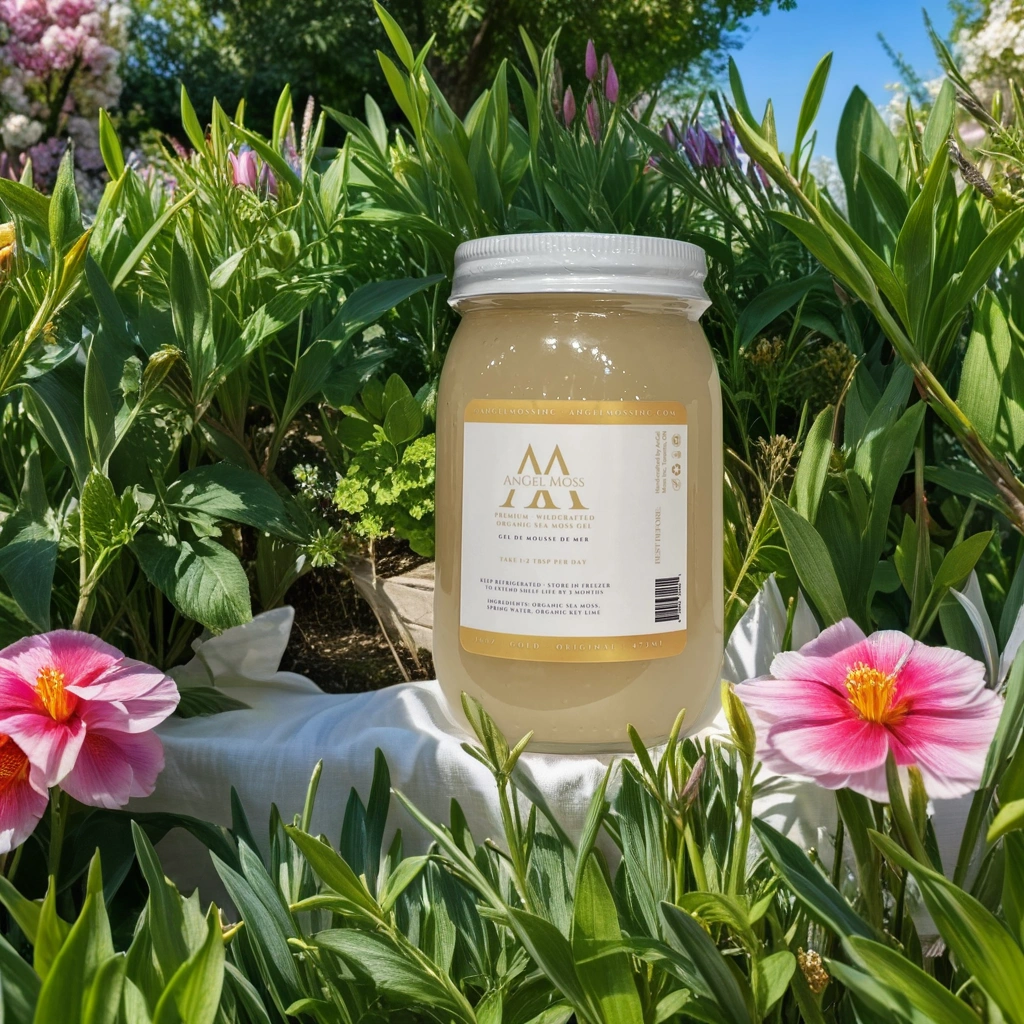While research on the specific effects of sea moss on heart health is still limited, incorporating this nutrient-rich algae into a balanced diet may offer potential benefits for cardiovascular wellness. However, it's essential to consult with a healthcare professional before making any significant changes to your diet or lifestyle, especially if you have pre-existing heart conditions or are taking medications. Always consult with a healthcare professional before adding new supplements or foods to your diet, especially if you have any underlying health conditions.

The Heart Wants What The Heart Wants
Originally quoted by Emily Dickson
And what is it exactly that the heart wants? Sea moss, of course.
Today we dive into heart health and ways to maintain it.
Sea moss is rich in essential nutrients, including vitamins, minerals, and antioxidants, which play crucial roles in supporting cardiovascular function.
One of the key components of sea moss is potassium, an essential mineral that helps regulate blood pressure by counteracting the effects of sodium in the body. Maintaining optimal potassium levels is important for heart health, as it helps relax blood vessel walls and reduce the strain on the heart.
Additionally, sea moss contains compounds like carrageenan, which has been shown to have anti-inflammatory properties. Chronic inflammation is a known risk factor for heart disease, and reducing inflammation levels may help lower the risk of developing cardiovascular problems.
Moreover, the high fiber content of sea moss may contribute to its cardiovascular benefits. Dietary fiber has been associated with lower cholesterol levels, improved blood sugar control, and reduced risk of heart disease. By promoting healthy digestion and regulating cholesterol metabolism, sea moss may help support overall heart health.

